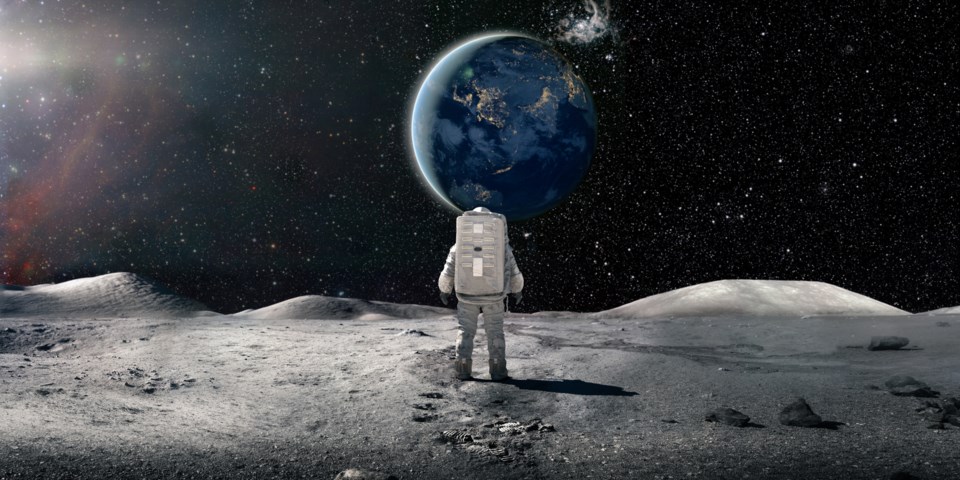NASA is looking to operate a pilot processing plant for lunar resources by 2032, as part of its planned Artemis missions that will also take the first woman and first person of colour to the Earth’s natural satellite for the first time.
According to Gerald Sanders, a NASA scientist, the government body will initially look to quantify potential resources, including energy, water and lunar soil, as a goal to attract commercial investment.
Exploring for minerals and metals, including iron ore and rare earths, as well as planning a trip to Mars will come later, Sanders told the 26th World Mining Congress in Brisbane, Australia.
NASA plans to build a permanent moon-orbiting base called Gateway, similar to the International Space Station (ISS). From there, the agency hopes to build a base on the lunar surface, where it can mine the resources required to fly the first astronauts to other planets.
The first customers are expected to be commercial rocket companies that could use the moon’s resources for refuelling, water or oxygen.
NASA will send a test drill to the Moon’s surface by the end of next week, with large-scale excavation activities scheduled for 2032.
No longer science fiction
After being considered mostly a science-fiction tale, governments have started implementing programs and legislation to join the race for space mining.
In 2015, former U.S. president Barack Obama signed a law that grants U.S. citizens rights to own resources mined in space. The ground-breaking law was touted as a major boost to asteroid mining because it encourages the commercial exploration and utilization of resources from asteroids obtained by American firms.
Successor Donald Trump signed an order in 2020 encouraging citizens to mine the Moon and other celestial bodies with commercial purposes.
Russia’s space agency Roscosmos quickly condemned Trump’s move, likening it to colonialism.
Private initiatives to mine celestial bodies, including the Moon, have come and gone in the last decade. Planetary Resources and Deep Space Industries were perhaps the most well known, but neither company explored any asteroids and were eventually acquired and refocused on other endeavours.
Most recently, California-based AstroForge unveiled plans to test its own technique for refining platinum from a sample of asteroid-like material.

